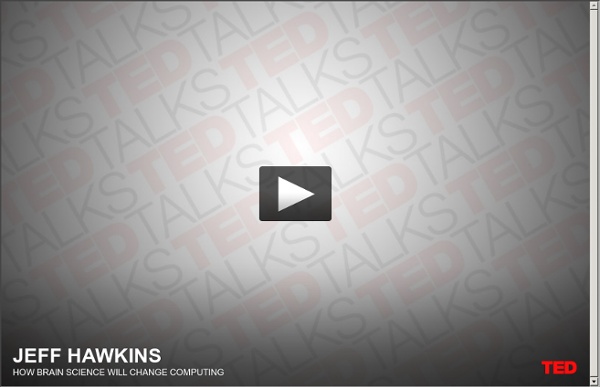



"Paradox of Choice" author Barry Schwartz on TEDTalks Barry Schwartz is a sociology professor at Swarthmore and author of The Paradox of Choice . In this talk, he persuasively explains how and why the abundance of choice in modern society is actually making us miserable. (Recorded July 2005 in Oxford, UK. Duration: 20:22) Get TED delivered:Subscribe to the TEDTalks video podcast via RSS >>Subscribe to the iTunes video podcastSubscribe to the iTunes audio podcastGet updates via Twitter >>Join our Facebook fan page >> Subscribe to the TED Blog >> (opens with cover shot of book: The Paradox of Choice: Why More Is Less by Barry Schwartz) I’m going to talk to you about some stuff that’s in this book of mine, that I hope will resonate with other things you’ve already heard, and I’ll try to make some connections myself, in case you miss them. I want to start with what I call the “official dogma.” This, I think, is so deeply imbedded in the water supply that it wouldn’t occur to anyone to question it. This is my supermarket: Not such a big one. Work.
How Do You Get Sexual Orientation and Gender in Humans? : Greg Laden's Blog Humans appear to have a reasonable amount of diversity in their sexual orientations, in what is often referred to as “gender” and in adult behavior generally. When convenient, people will point to “genes” as the “cause” of any particular subset of th is diversity (or all of it). When convenient, people will point to “culture” as the “cause” of … whatever. Prior to birth there are a number of factors than can influence things like gender or sexuality in a human. Then there is the stuff that happens after birth. And so it goes throughout development; At numerous stages along the way, a human is affected by hormones, bathed in gendered behavior, and eventually, starts to observe her or his own environment and act accordingly. There are many factors that would determine a person’s gender over a lifetime. In rats, males get to be males in large part because they have testes that secrete testosterone, which in turn causes other changes. And I could go on. Self-Help Books)
The-Emotions-Map.lg emotions map Where is The Mind?: Science gets puzzled and almost admits a non-local mentalscape. This will be the last "home-produced" blog entry for a while [save the short "Everyday Spirituality" which will follow it as a sign-off] . West Virginia beckons tomorrow morning and off I will go to whatever that entails. As I said in one of the commentary responses the other day, I hope that reading two journal runs "cover-to-cover" will bring up a few thoughts worth sharing. This day's entry was inspired by two articles bumped into coincidentally which had scientists puzzling about a holographic universe and a non-local mind. Those scientists would cringe to see how I've taken their sign-posts-on-the-path, but that is their hang-up, not mine The first of these articles [both from the New Scientist] was "Where in the World is the Mind?" That brings in the second serendipitous article. It reminded me then, also, of a moment when I was able to spend a [too short] time with David Bohm, the famous theoretical physicist.
Try It: Hemispheric Specialization The left and right hemispheres of the brain have specialized functions for most people. The left hemisphere is a language center while the right hemisphere processes spatial information. These differences are most obvious in those rare individuals whose corpus callosum was surgically severed to help control a severe form of epilepsy. You will need a cooperative volunteer for this demonstration. Is Chicago north of Washington, D.C.? (for the curious, the answers are: 1.